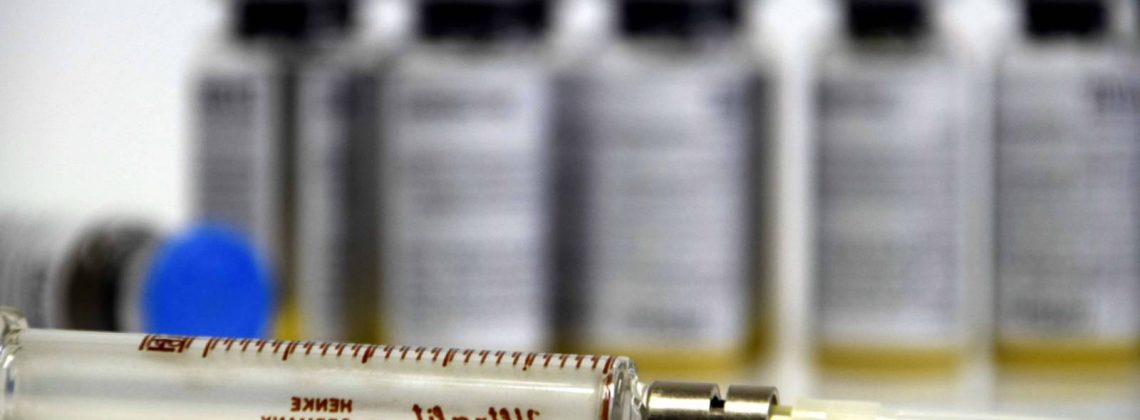The Canadian Community Health Survey conducted by Statistics Canada has revealed that Canadian consumption of tobacco is decreasing. Over the past year, the number of Canadians aged 12 or older who smoked either daily or occasionally has dropped by 0.4%, from 18.1% to 17.7%. This is encouraging progress, considering that in the year 2000-01 this percentage was much higher at 26%.

The negative effects of smoking have been widely advertised. Most people are aware of its links to chronic obstructive pulmonary disease (COPD), heart disease, stroke, lung cancer and many other health conditions. The World Health Organization predicts that there will be 8 million deaths related to smoking per year by 2030.
“These decreases in smoking prevalence are encouraging, but an enormous amount of work remains to be done,” said Rob Cunningham, senior policy analyst at the Canadian Cancer Society (CCS). The CCS is one of the main advocates for modifying cigarette packaging to become more plain and generic. The idea is to reduce brand identification and incentive to purchase tobacco products. A similar campaign in Australia has shown that this method can have a positive effect and reduce smoking .
To learn more about this topic, click here.



 (Image credit: Tim Fraser)
(Image credit: Tim Fraser)
 (Image credit: Laura Meader)
(Image credit: Laura Meader)